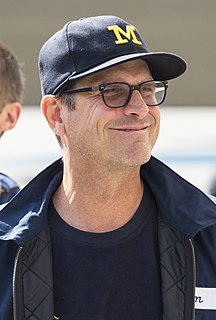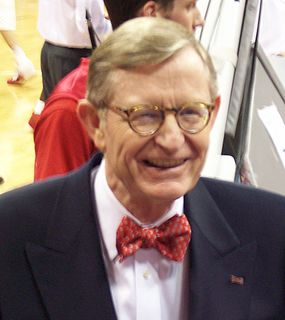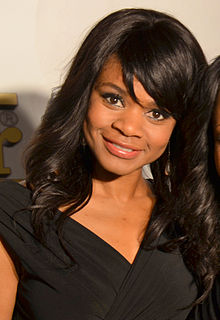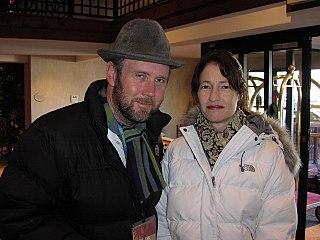A Quote by Ashton Eaton
You see somebody on a football field make a great, athletic 70-yard run, but the athleticism is immeasurable. It's undoubtedly athletic, but compared to somebody else who did something else, how do you compare it? That's the great part of track and field. It's a test, but with results that you can compare to others.
Related Quotes
Jealousy is comparison. And we have been taught to compare, we have been conditioned to compare, always compare. Somebody else has a better house, somebody else has a more beautiful body, somebody else has more money, somebody else has a more charismatic personality. Compare, go on comparing yourself with everybody else you pass by, and great jealousy will be the outcome; it is the by-product of the conditioning for comparison.
You can't really explain competing in Olympic event to someone. You can say, "Oh, that was really tough." And that literally means nothing to someone. If you can give some sort of comparison, because that's really all track and field is about any way....Usain Bolt runs a time and you get to see what everybody else's time is. It would just be interesting to compare Olympians to somebody who doesn't train their whole life.
My prototypical quarterback is a competitive guy that's a winner, somebody that has great athletic instincts, somebody who is very accurate throwing the football, a quick-minded guy who can think fast on his feet and can make decisions quickly, someone who has leadership ability, an understanding of timing and can make really good decisions.
I'm able to lead my life as well as make a film. My wife and my friends and people around me know that I do tend to distance myself a little bit during the making of a film, but I have to, it's a natural part of the process for me because you are indulging in the headspace of somebody else, you are investing in the psychology of somebody else and you are becoming somebody else, and so there isn't enough room for you and that somebody else.
Only you know your circumstances, your energy level, the needs of your children, and the emotional demands of your other obligations. Be wise during intensive seasons of your life. Cherish your agency, and don’t give it away casually. Don’t compare yourself to others — nearly always this will make you despondent. Don’t accept somebody else’s interpretation of how you should be spending your time. Make the best decision you can and then evaluate it to see how it works.
We can carry the burden of hurt throughout our lives. We can make the hurt that we have experienced the defining aspect of our stories of ourselves. That means that somebody else gets to say who we are, somebody else gets to decide how we feel, and somebody else gets to decide how we see the world. Forgiveness not only frees us from the burden of someone else's opinion of us, but it allows us the opportunity to really write a story of ourselves that we can love, enjoy, relish, and live into.
When you walk into a field office, you have many opportunities. We'll hand you a call sheet. You can make calls. You can knock on doors, and they'll have these stacks there for you. They'll say: 'Harper, you've knocked on 50 doors. That's great. Here's how you compare to the rest of them.' But it's all very offline.





































